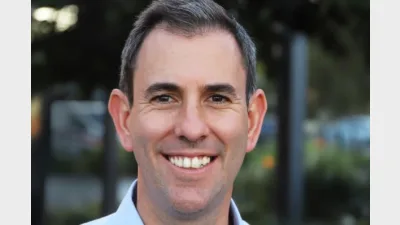Define investment categories, says UniSuper
UniSuper has reopened the debate on appropriately defining investment categories, calling on the Australian Prudential Regulation Authority (APRA) to mandate what constitutes ‘growth’ and ‘defensive’ assets.
UniSuper chief executive officer Terry McCredden has made the fund’s position clear while outlining its position with respect to APRA’s handling of fund performance data.
He said such data should be meaningful for members and all funds should be compared on a like-for-like basis.
“When members compare funds, they don’t particularly care whether it’s an industry fund or a retail fund, or even how that fund has performed as a whole,” McCredden said. “What’s important is how their investment has performed relative to other real options in the market.
“To achieve this, UniSuper recommends APRA collect, collate and publish performance information based on investment options [and] comparable investment strategies É. this way members can compare funds based on real returns,” he said.
McCredden called on APRA to mandate the definition of ‘growth’ and ‘defensive’ assets in circumstances where some funds were known to include assets typically regarded as ‘growth’ assets’, such as property, in their ‘defensive’ allocations.
“While we recognise that APRA may not currently have access to such detailed asset allocation and investment return information, we strongly recommend that they broaden their data collection to include information that is both relevant and meaningful to members,” he said.
Recommended for you
The pace of economic growth in Australia is expected to “grind higher over coming quarters” off the back of lower inflation, falling interest rates, and a robust labour market, Deloitte has said.
The superannuation sector has welcomed confirmation that a controversial US tax provision will be removed.
A new analysis from environmental finance group Market Forces has reportedly discovered that AustralianSuper is on the b...
Treasurer Jim Chalmers has held talks with US Treasury Secretary Scott Bessent, intensifying efforts to resolve concerns over section 899 of the proposed “Big Beautiful Bill” in the United States.












